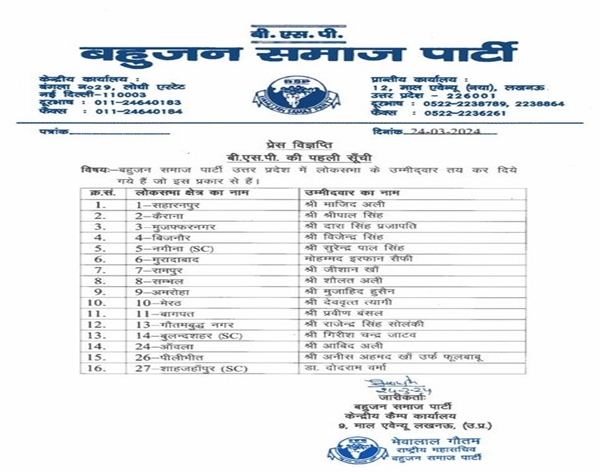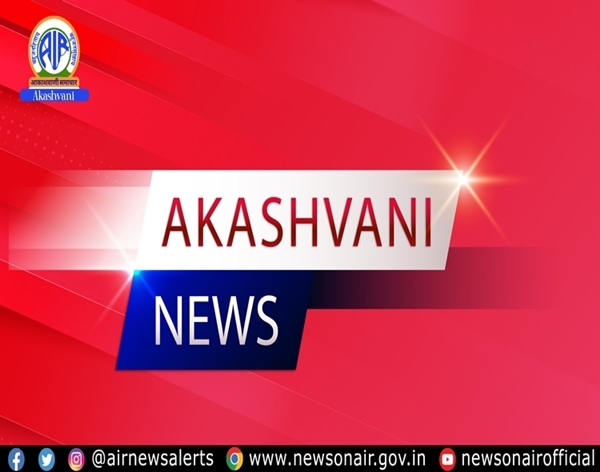The Lok Sabha has taken up the Disaster Management (Amendment) Bill, 2024, for consideration and passing. The Bill seeks to amend the Disaster Management Act, 2005, and it is intended to strengthen the efficient working of the National Disaster Management Authority (NDMA) and the State Disaster Management Authorities (SDMA). The bill empowers the NDMA and SDMA to prepare the disaster plan at the national level and state level instead of the National Executive Committee and the State Executive Committee. The Bill also empowers the state government to constitute a separate Urban Disaster Management Authority for state capitals and cities with a municipal corporation. The bill will provide for the creation of a disaster database at the national and state levels. The Bill empowers the state governments to constitute a State Disaster Response Force (SDRF).
Moving the Bill, Minister of State for Home Affairs, Nityanand Rai said the government has taken several steps to improve the disaster management policies and build a robust ecosystem to deal with the natural disasters. He said the Disaster Management Act was brought in in 2005, and states were experiencing some difficulties in implementing the provisions of the Act. He said the bill has been brought to strengthen the Disaster Management Act. Highlighting the steps taken by the government, the minister said 4 new battalions have been added in the NDRF, and a robust system has been prepared for early warning and prediction of natural calamity, which considerably reduced the loss of human life and properties. Congress MP Shashi Tharoor charged the government with bulldozing the bill in the Parliament.
Putting forth his objections, the Congress leader pointed out that the proposed amendment gives no priority to prediction and prevention of disaster. He alleged that the amendment centralises the process of disaster management, has overlapping procedures, and concentrates the power in the central government. He stressed that the confusing chain of command is bereft of urgency, delays response to disaster, and institutionalises inefficiency. Making a strong point against centralisation of command, he suggested financial devolution to the states, greater autonomy in decision-making, and inclusion of coastal erosion and heat waves in the definition of disaster management. He also suggested the inclusion of experts in the Committee of Disaster Management. He also advocated giving legal guarantees to the people losing their family members and property during the calamity. He cited examples of landslides in Wayanad, floods in Chennai, and drought in Karnataka when he accused the Central Government of failing to respond to the demands of the states. Putting forth his argument on the bill, member of Trinamool Congress Kalyan Banerjee charged that the proposed bill encroaches on the authority of the states and destroys the federal structure.
He said it reduces the independence of the states in responding to the calamity and increases central control over the disaster relief funds. He added that the proposed setting up of the Urban Disaster Management Authority at the municipal level has no clarity of functioning and definite route of coordination with the central authorities. Discussion remained inconclusive.















